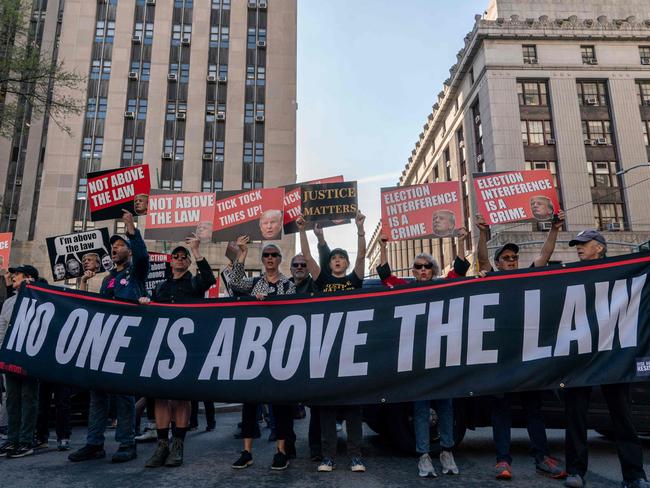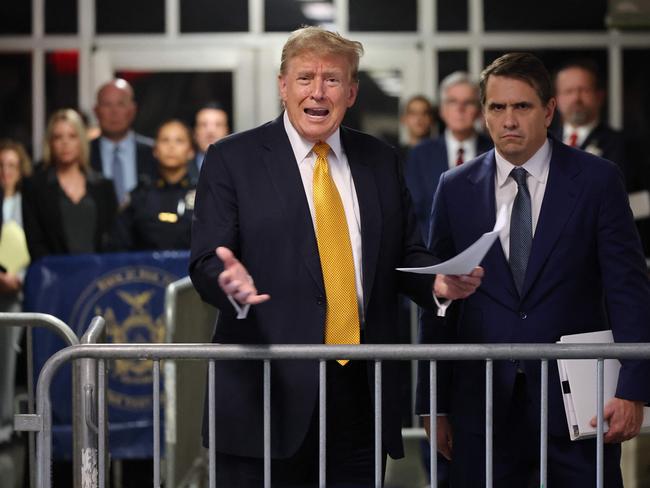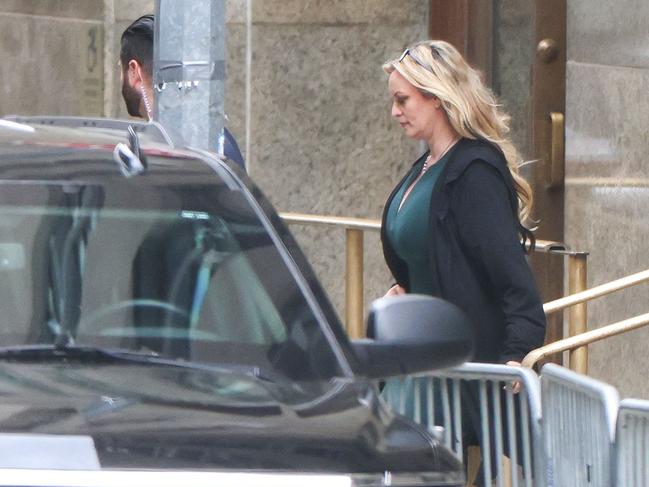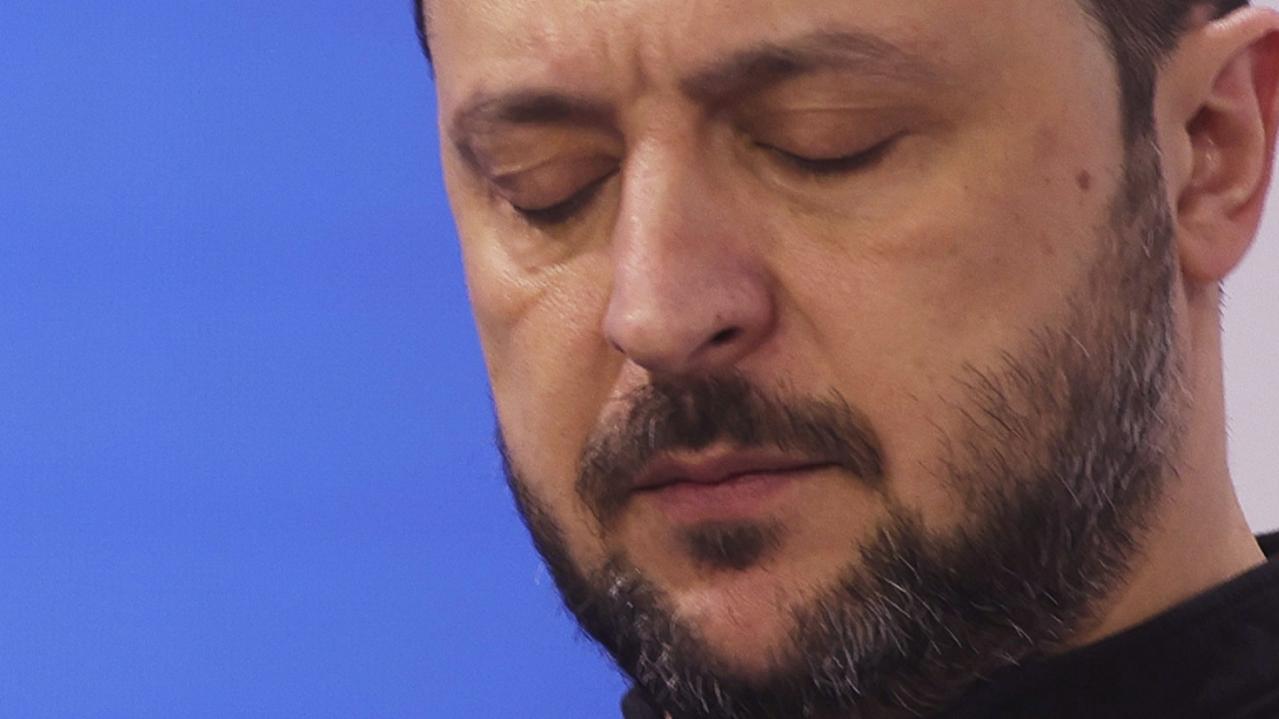What the Trump trial could mean for the US election as the jury begins deliberating next week
Next week, 12 New Yorkers will have to decide for the first time if a US president is a criminal. This is how it could unfold – and what it will mean for the country’s upcoming election.

World
Don't miss out on the headlines from World. Followed categories will be added to My News.
The criminal case against Donald Trump seems to be an unprecedented election conspiracy – although which election depends on your politics.
His opponents believe he covered up a hush money deal to win in 2016; his supporters think the Manhattan District Attorney is only prosecuting him to stop him claiming victory in 2024.
From porn stars and Playboy models to pricey pay-offs and presidential power plays, the six-week trial in Manhattan’s Criminal Court has provided fodder for both sides of the debate.
What matters most, however, are the views of the 12 ordinary New Yorkers who will determine the guilt or innocence of a US president for the first time as soon as next week.
And for all the salacious evidence, they are ultimately being asked to judge a case about business records – cheques, invoices and ledger entries – and whether they were falsified.
Their verdict, or indeed their failure to reach one, will be explosive either way.

After testimony from 22 witnesses, lawyers for Trump and District Attorney Alvin Bragg will deliver their closing arguments on Tuesday (local time) before the jury begins deliberating.
They must decide whether Trump distorted 34 business records to cover up $US130,000 ($A197,000) he paid to adult film actress Stormy Daniels – via his lawyer Michael Cohen – on the eve of the 2016 election to silence her claim that they had a brief affair.
And they must do so without having heard from the former president himself, who spoke to reporters daily outside the courtroom but exercised his right not to testify inside, even after promising he would “absolutely” take the stand.
The prosecution’s case rests on a patchwork of information rather than a smoking gun.
Cohen, their star witness, has his own criminal record linked to the hush money scandal and has previously lied under oath. So his testimony – and the brutal cross-examination by Trump’s lawyers – came at the end of the trial to tie together claims from other key players.
The jury heard from Daniels about her night with Trump in 2006 and the fallout a decade later, from ex-tabloid news boss David Pecker about his moves to buy and bury negative stories about the Republican, and from Trump’s employees about his micromanagement of business records and his penny-pinching ways.
Trump’s lawyers only offered two witnesses, one of whom prompted the judge to clear the courtroom when he lost patience with his behaviour. They instead focused on poking holes in the prosecution’s case, down to Trump’s denial of the Daniels affair itself.
What the jury has made of all this is the great mystery at the heart of the trial.

What is clear, however, is that a guilty verdict will not stop Trump running for president. This is not unprecedented – the Socialist Party’s Eugene Debs received almost one million votes in 1920 despite campaigning from prison – and it is not even clear it would work against him.
Last year, when Trump was charged with 91 crimes across four cases including the New York indictment, his poll numbers soared and propelled him to the Republican nomination.

While some pollsters believe a conviction will have a more negative impact, a recent ABC News/Ipsos survey found 80 per cent of Trump’s supporters would stick with him, while 16 per cent would reconsider their vote and just 4 per cent would withdraw their support.
Like Debs, Trump could also go to prison – each charge carries a maximum of four years behind bars – although legal experts suggest a fine or probation would be more likely.
Alternatively, if the jury decides Trump is not guilty, he will consider himself vindicated over his claim that the case is a plot to interfere in his campaign against President Joe Biden.
And with the former president’s legal tactics delaying his other criminal trials, voters will likely have to cast their ballots in November without a verdict in those cases, knowing that a re-elected Trump could then dismiss the federal charges against him or even pardon himself.
So those 12 New Yorkers have a big decision to make. If even one of them cannot agree with their fellow jurors, the trial of the year will end in a mistrial.
More Coverage
Originally published as What the Trump trial could mean for the US election as the jury begins deliberating next week





